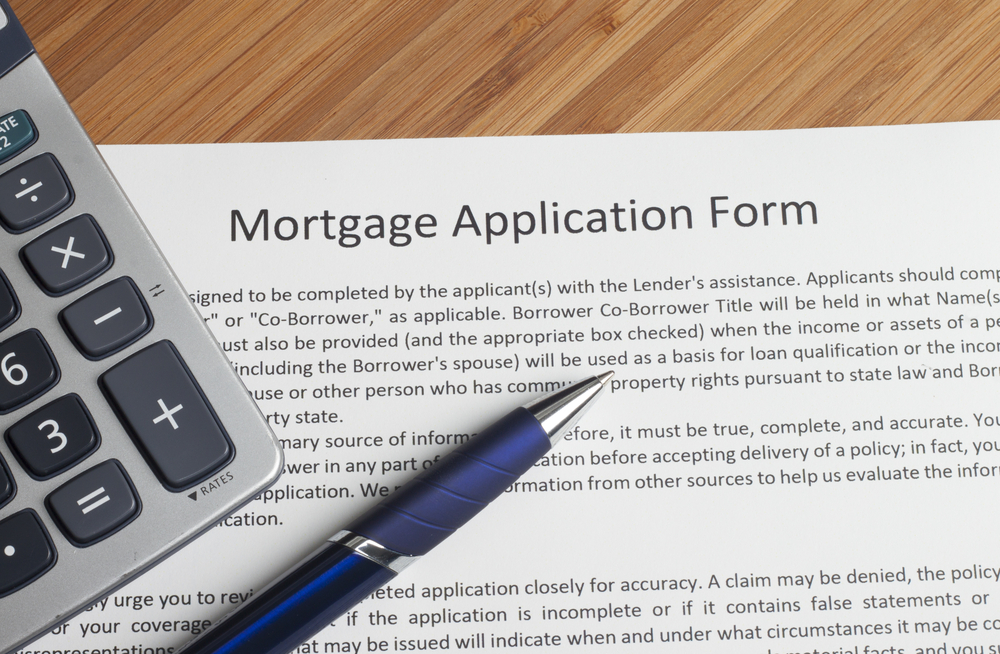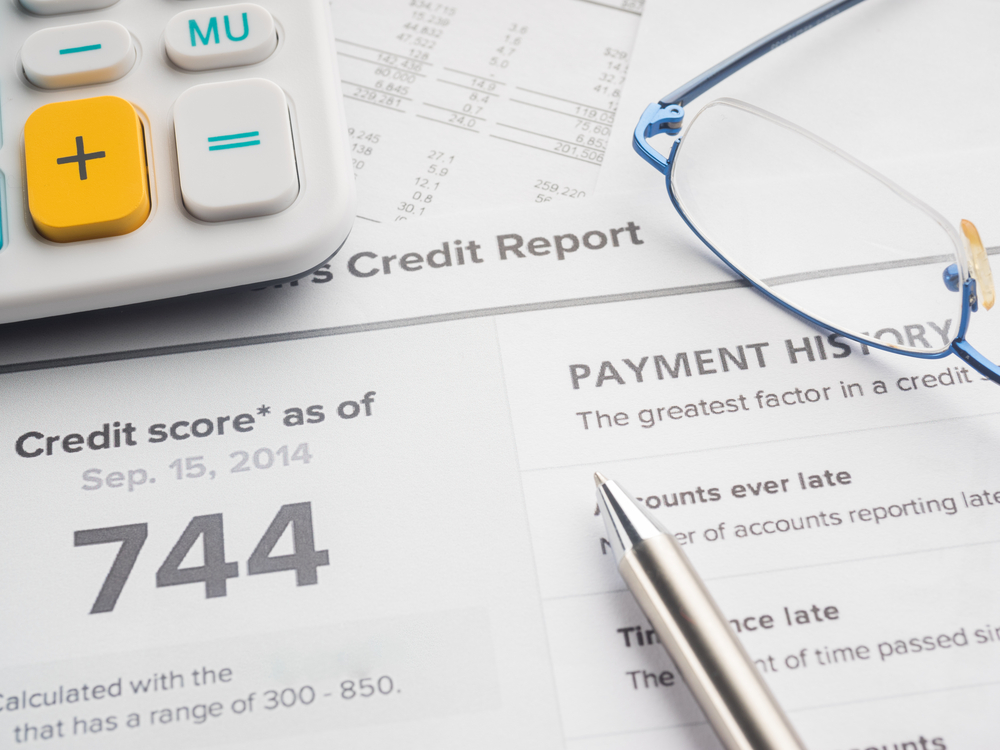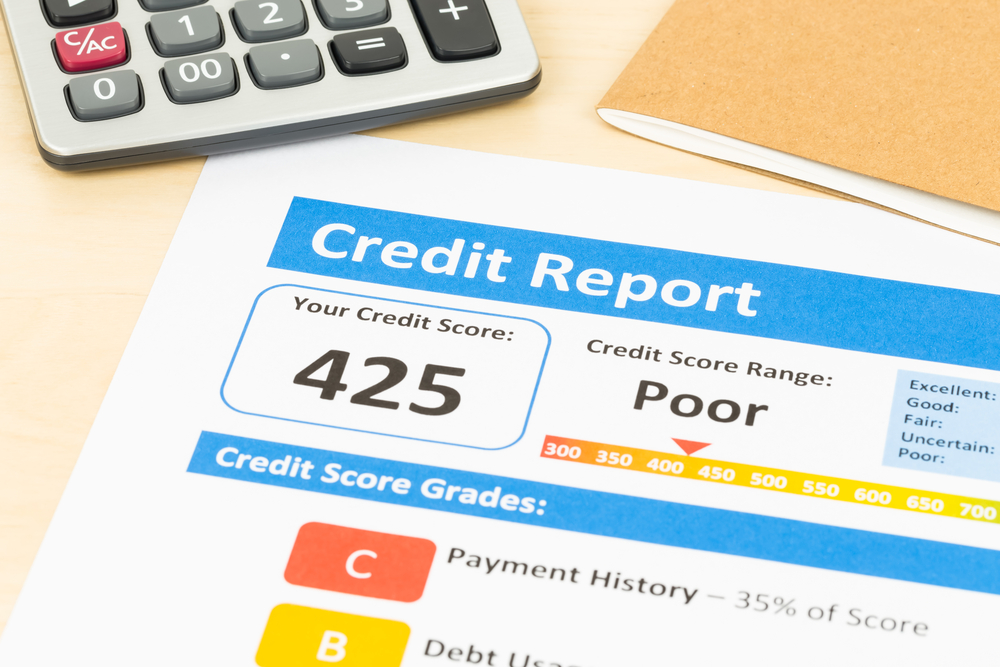
Buying your first property can be a daunting experience as well as an exciting one. Understanding how much you can borrow, where to buy, what kind of property to buy, choosing a solicitor, and working out the costs all take time and need a lot of thought.
However, before you even look for a mortgage, it’s essential you take some time to polish up your credit history and your financial commitments to help give your mortgage application the best possible chance of being successful. It’s important to understand what might harm a mortgage application and what steps you can take to prevent any issues that may sink your home-buying dreams.
The good news is that there’s a lot of help available and ways that you can boost your chances of a successful mortgage application.
 Why has the mortgage application process got tougher?
Why has the mortgage application process got tougher?
Following the ‘Mortgage Market Review’, lenders now have to be more careful about who they lend money to. It means that any mortgage provider must look at your income AND expenses when they are working out whether or not you could afford the repayments on a mortgage.
A lender won’t just look at your income, they will consider expenses like childcare costs, car loans, and even your gym membership while they work out if you can meet the monthly repayments. Don’t assume that because you can afford the mortgage repayments, you can definitely get a mortgage. Lenders have to apply ‘stress tests’ to check their customers could afford the repayments even if interest rates began to climb again.
On top of that, a lender will consider your credit worthiness – whether you’ve handled credit responsibly in the past, whether you’ve proven you are a safe bet with debt, whether you’ve ever missed any repayments or had any County Court Judgements (CCJs) made against you.
If you’re a first-time buyer then don’t panic. None of this is meant to put you off - there are steps you can take to make it less likely your credit history or circumstances will harm your mortgage application. What matters is that the sooner you start acting to defuse the risk, the more likely your application is to go without a hitch.
Here’s an overview of what might harm your application and how what you can do to improve your chances of your application being successful.

 Check your credit report for errors
Check your credit report for errors
Credit reference agencies keep six years’ worth of information for potential lenders to access when they are deciding whether or not to do business with a would-be borrower. It’s really essential you check that the information they are providing is correct and that there are no errors that inadvertently might damage your application.
It’s worth checking with one the three main credit reference agencies (Experian, Equifax and Callcredit), and you can get your report from each for a small payment. If there are any errors or debts listed as unresolved when they have in fact been cleared, then you can get that information amended so that it won’t catch you out later.
 Improve your credit score
Improve your credit score
If your credit score is poor then there are steps you can take to address it. Registering on the electoral roll can help, as can cancelling unused credit cards. If your score really is poor then you should make an effort to make any repayments on time and to settle bills – this shows you’re a sensible borrower.
Clearing debt can also make a big difference but if you’re using savings to do so then make sure you leave some emergency money in an easy access account. There are more useful tips available via the Money Advice Service[1].
Ensure you have a large enough deposit
With the new tougher mortgage rules and the rising cost of housing, the size of your deposit may become an issue. It might mean you can’t afford the right home or that you end up paying a higher interest rate because the loan-to-value (how much mortgage you have in relation to how much your property is worth) is high.
Remember ,when you buy a new-build you can apply for a Help to Buy Equity Loan. With Help to Buy, the government provides you with an equity loan of up to 20% of the cost of the property (40% in London, 15% in Scotland). There are no loan fees on the equity loan for the first 5 years, giving you time to find your feet. You therefore only require a 5% deposit, and a 75% mortgage (55% in London, 80% in Scotland).

Chat to our team
If you’re a first-time buyer, there’s a lot of information to take on board. However when you choose a newly built Barratt Home, you get the expertise of an experienced sales team.
Best of all, they can often recommend an experienced local mortgage broker who already knows the area and so can pre-empt any questions the lender may have. You can also choose the interior décor, enjoy brand-new appliances and avoid costly renovations or repairs when buying a newly built property.
So start your search for your new home today, and book an appointment to talk to one of our experienced sales advisers.





